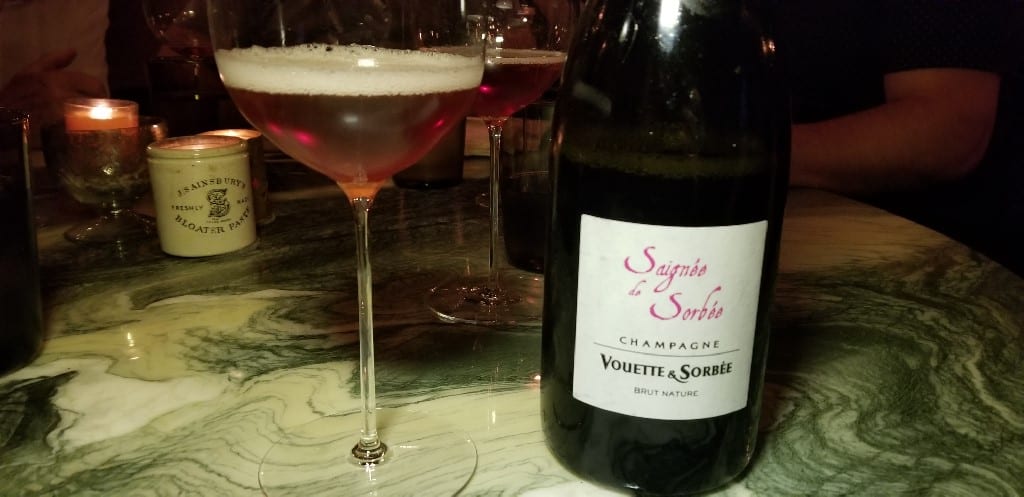Please The Palate Pick of the Week: Serendipity Ice Cream, McMinnville, Oregon
I love ice cream and when I am traveling I always do a little research to see if there are any local ice cream places....

 Lifestyle
LifestyleI love ice cream and when I am traveling I always do a little research to see if there are any local ice cream places....
The wines being made in South Africa are pretty exciting to taste! I already knew how good the Chenin Blancs were but I had not...


Rosé is clearly "in season". In every wine shop, the rosé section is featured prominently with wines typically around $20. Recently I tried first vintage...
It is summer. And nothing says summer in California more than the beach. So, there is nothing more perfect than sitting on a deck, looking...
 Everything about the concert was excellent! Brian May and Roger Taylor are still as talented as ever, as witnessed by the guitar and drum solos. And Adam Lambert is an amazing talent. He is a showman and a performer but he also has an extraordinary voice.
Everything about the concert was excellent! Brian May and Roger Taylor are still as talented as ever, as witnessed by the guitar and drum solos. And Adam Lambert is an amazing talent. He is a showman and a performer but he also has an extraordinary voice.
 The show opened with “Keep Yourself Alive” and “Killer Queen” and then Lambert spoke to the audience to address the “pink elephant in the room,” as he called it. He said “I am not Freddie Mercury. I f---ing know, because there will only be one Freddie Mercury. There’s no replacing him. All I’m here to do tonight is celebrate Freddie and carry the torch for Freddie. And I hope I’m making him proud.” He then performed “Don’t Stop Me Now”. Adam Lambert is not Freddie Mercury but he can definitely hold his own.
The show opened with “Keep Yourself Alive” and “Killer Queen” and then Lambert spoke to the audience to address the “pink elephant in the room,” as he called it. He said “I am not Freddie Mercury. I f---ing know, because there will only be one Freddie Mercury. There’s no replacing him. All I’m here to do tonight is celebrate Freddie and carry the torch for Freddie. And I hope I’m making him proud.” He then performed “Don’t Stop Me Now”. Adam Lambert is not Freddie Mercury but he can definitely hold his own.  Legoland California, located in Carlsbad, on the north side of San Diego County, just turned 20 years old.
Legoland California, located in Carlsbad, on the north side of San Diego County, just turned 20 years old.

 When I first started in the wine business almost 20 years ago, I would take consumers on day trips from Los Angeles to the Santa Barbara wine country for a day of tasting and education. We would visit different wineries and the winemakers would meet with our group to share their stories.
When I first started in the wine business almost 20 years ago, I would take consumers on day trips from Los Angeles to the Santa Barbara wine country for a day of tasting and education. We would visit different wineries and the winemakers would meet with our group to share their stories.
Happy Summer 2019! I hope you had a wonderful, long 4th of July weekend. This summer (specifically June 8th), marks the 8th anniversary of Please...
With the 4th of July weekend here, it is time for barbecues. Around the country, families and friends gather to grill up meat and enjoy...
